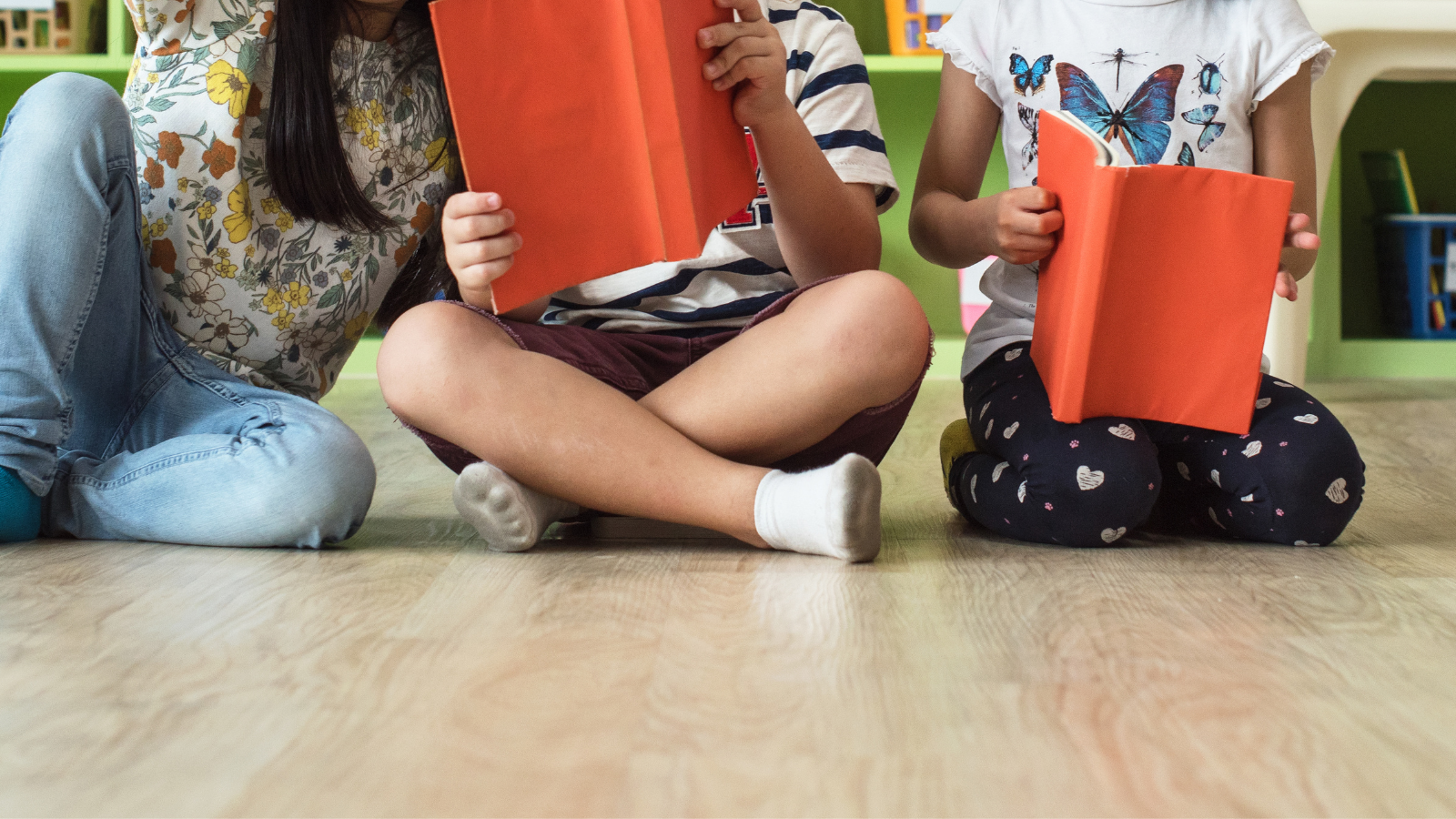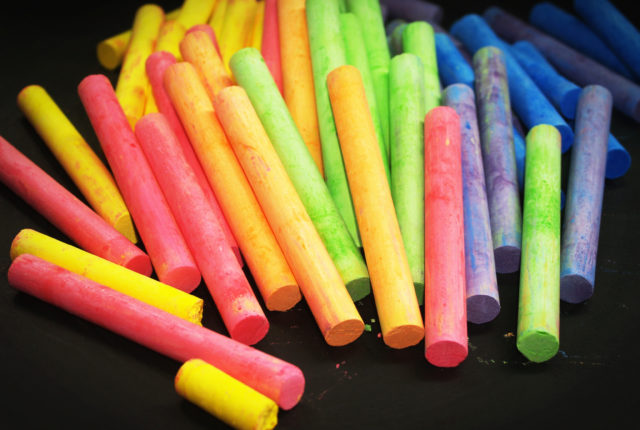By Noa Urbach
Growing up, I felt a great sense of ownership in my school community. Attending the semi-private Democratic School in Jaffa, a Jewish-Arab neighborhood in Tel Aviv, Israel, I was entrusted with forming my school experience as every teacher, parent, and student had an equal vote in setting school policies. I was empowered and encouraged to be innovative, collaborate with my peers, and form meaningful relationships with my teachers. However, that life-shaping experience was sadly upended when I transferred to a public high school. The intimate community that valued my voice morphed into a machine-like system geared toward producing high grades, suppressing my passion to speak up or engage in a meaningful way. I began to realize how fortunate I had been in my early years surrounded by that nurturing setting, and I realized how unjustly inaccessible that was for many of my high-school classmates. With graduation coming up and thoughts about my future starting to form, I knew I wanted to play an instrumental role in fighting that disparity.
Following my undergraduate studies, I wanted to volunteer at a public school so that I could gain some experience in the field. I was surprised at how difficult it was to find a volunteer opportunity due to endless bureaucracy, but even more so when I found out I wasn’t alone in my frustration. So many people wanted to volunteer within their communities and help underprivileged populations but were inhibited by logistics. It seemed so absurd that I couldn’t ignore it. I decided to co-found a social venture––Helpi: a non-profit social impact platform for micro-volunteering. With an ambitious vision to promote social change through human connection and solidarity, we bridged a critical gap by simplifying the process of locating volunteering opportunities.
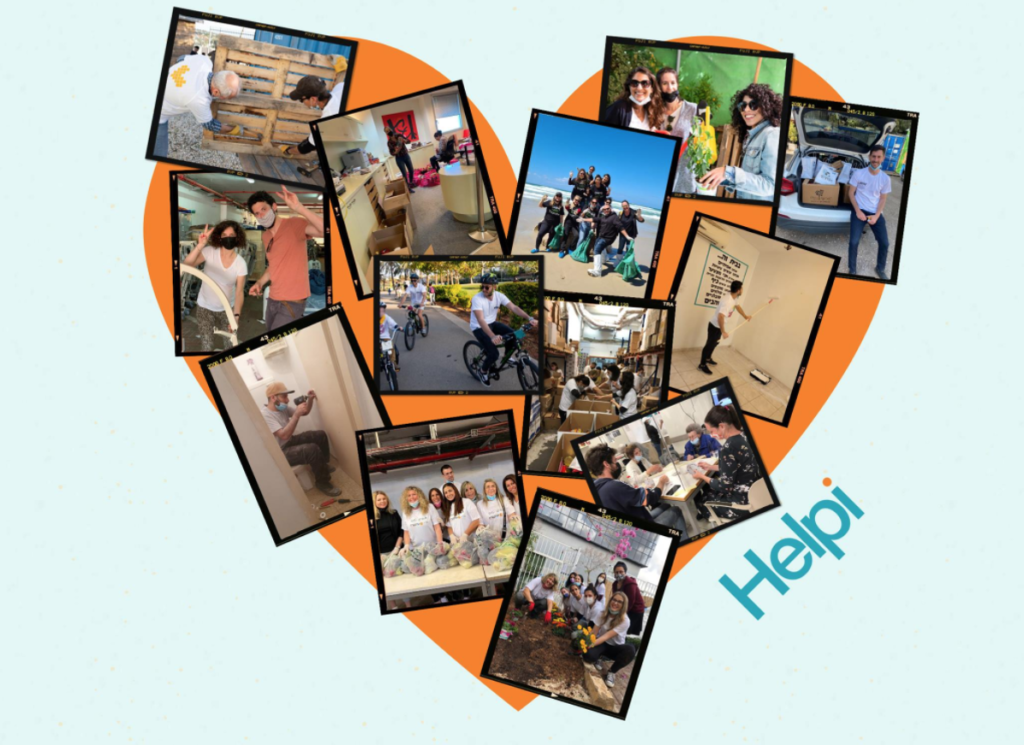
Through partnerships with government ministries, Helpi became the primary volunteer-seeking tool for hundreds of social workers. With CSR oriented companies joining, it grew to be the go-to volunteer app for thousands of individuals in just a few years.
I then co-founded Pendulum, a creative agency aimed at giving social change agents the platform to tell their stories by facilitating interactive workshops where we teach personal and collective story crafting tools, using video / phototherapy, creative writing and art therapy techniques.
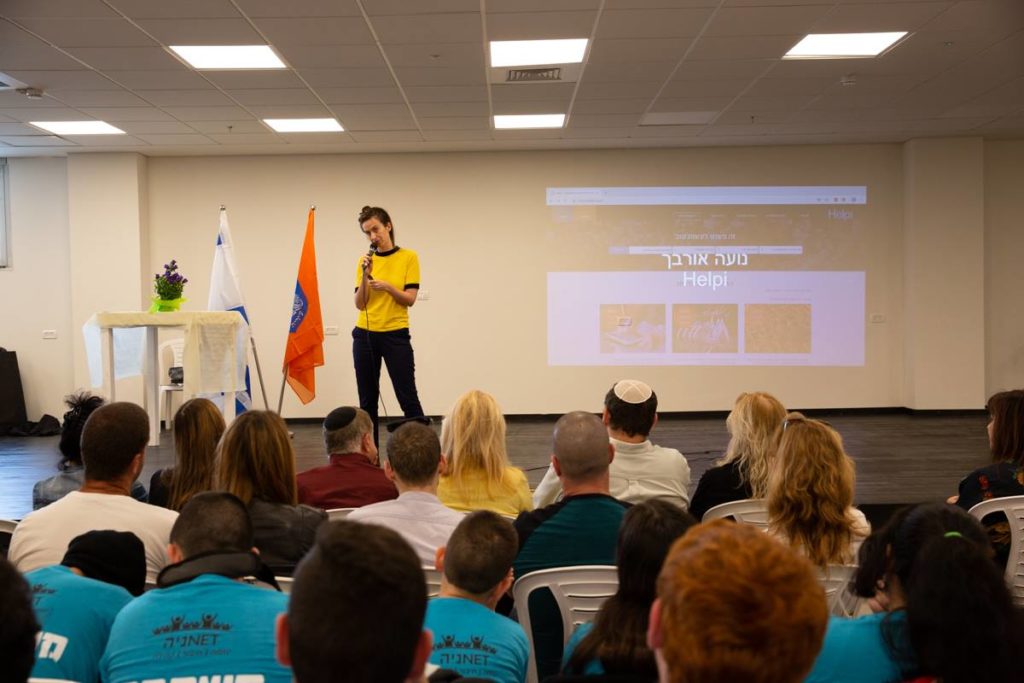
But despite Helpi’s huge success, assisting over 25,000 people to date with everyday hardships, and Pendulum’s ability to assist our clients in rebranding their stories and raising awareness, the source of these injustices remains intact. As I watched the same families make repeated requests for assistance, I realized that ad hoc solutions offer temporary relief but can barely chip away at the core issue of inequality. I saw poverty passing from generation to generation because children are not given the tools needed to break out of this cycle. Could it be that education is not only one of many poorly distributed resources, but one that directly enables or prevents people from accessing all other resources they so desperately need and deserve?
I was searching for answers. As a new mom nearing the end of my maternity leave, one day I received a newsletter advertising the SDG Academy’s course The Best Start in Life. I hit “sign up.”
As I delved into the fascinating world of children’s learning and development, I discovered the inextricable connection between education and social change. I learned that the environment in which young children grow up is a crucial factor in determining how they will interact and participate in their societies. I was amazed by how effective interventions at an early age are to shift social structures, fight disparities, and bring people and communities together.
This online course affected me in a way that is beyond what I could have imagined. It brought me back to that moment in high school when I knew that my education and upbringing had offered me privileges that were not accessible to all. This online course is what, in many ways, made me decide to go down the path I was inspired to take many years ago and apply for a master’s degree in education.
In two months, I will begin my studies at Teachers College, Columbia University, in New York. Within the Comparative and International Education Department, I intend to focus on education under crisis and conflict, peace and human rights education, and education for democratic and global citizenship. Because I was born and raised in Israel, a region that suffers from great disparities, driven by a strong fear of the “other” due to policies of alienation and ignorance, I feel deeply motivated to advocate for quality education and to promote a curriculum that is antiracist, culturally sensitive, socially minded, peace-oriented and accessible to all. In particular, I will focus on early childhood, the period when children are most receptive to the care they receive—as I learned from The Best Start in Life.
As a person driven by hope and optimism, I would like to investigate positive alternatives to traditional school systems and explore the practice of education as a vehicle for change. I’m especially fascinated by the idea of school as a place to promote advocacy and the role it can play in encouraging and modeling active citizenship. I believe that my own education experience—starting from early childhood and going all the way to the SDG Academy’s course—had a huge impact on my decision to take on these challenges. I look forward to it!
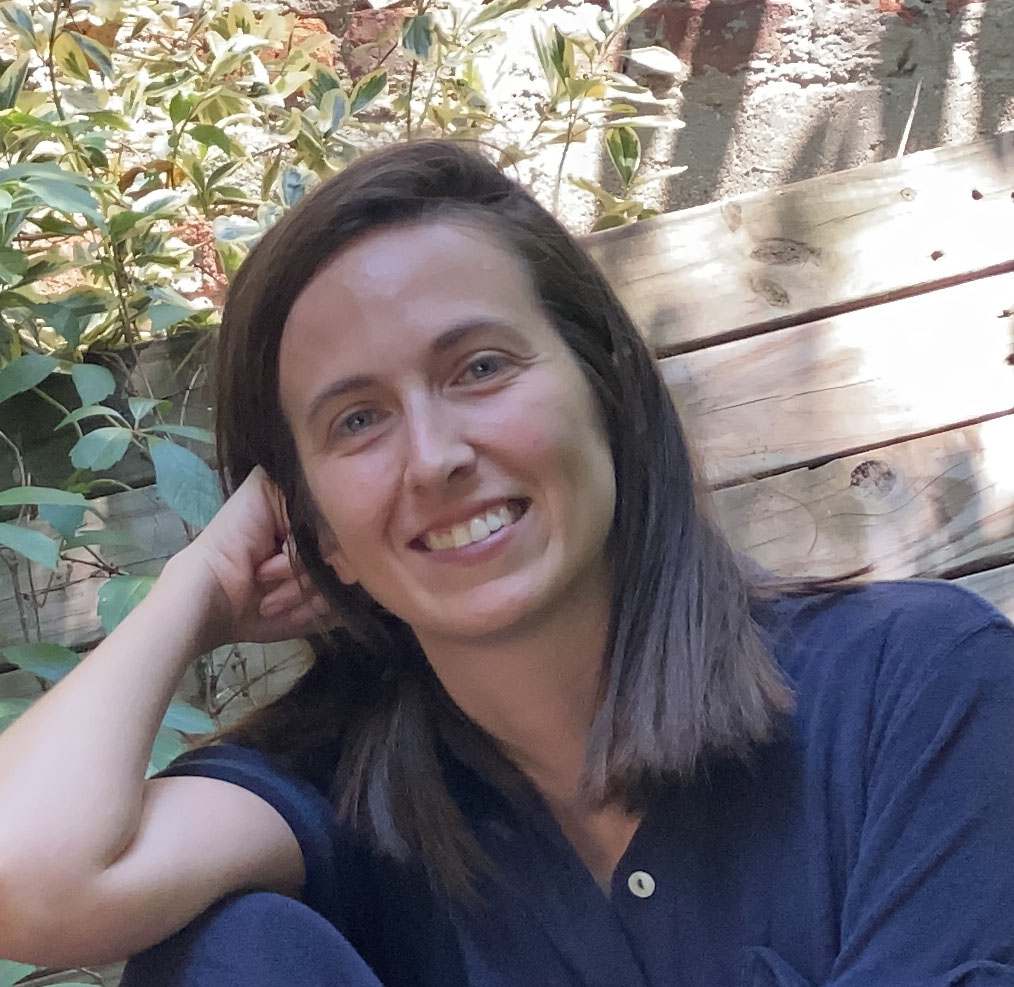
Noa Urbach is a social entrepreneur, mother of Alex and wife of Ido. Master’s candidate in International Educational Development at Teachers College, Columbia University. Founder of Helpi, a nonprofit micro-volunteering platform, and of Pendulum, a Creative Changency. Forbes 30under30 shortlist for 2020.
